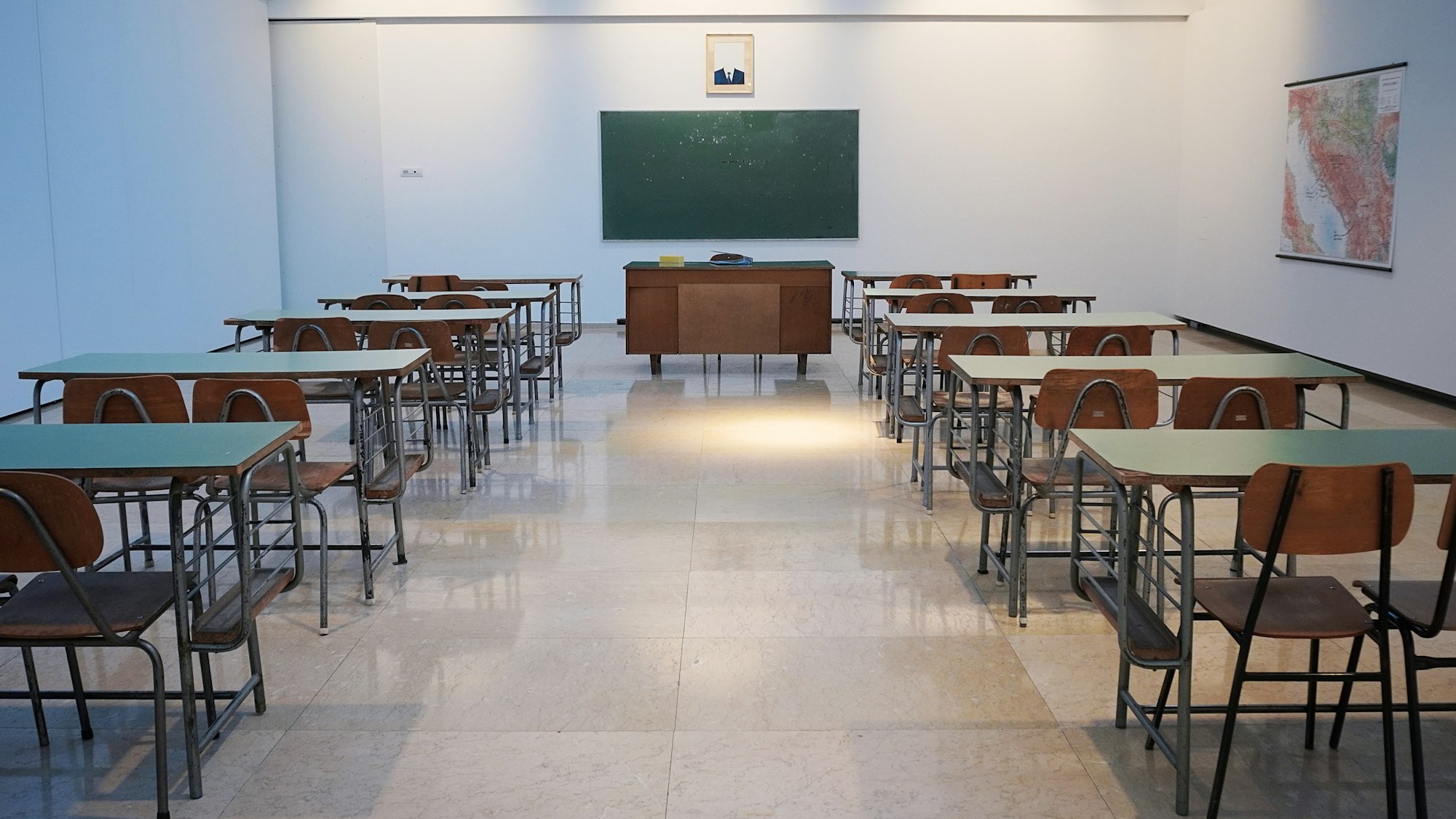Generation Building Robots or a Generation of Robots

The movie Good Will Hunting centers on delinquent Will, played by Matt Damon, who works as a janitor at a prestigious university. One of the professors soon realizes that Will is a budding genius, and works with a very patient psychologist to help him realize his potential. Although Will wasn’t a student in the university, he proved to be far more intelligent than the students who spent their days in cramped classrooms, studying and revising material for hours on end. One of the most famous scenes from the movie involves Will accusing a student of reciting a passage from a textbook when asked for his opinion on “the evolution of the market economy in the southern colonies.” Obviously that doesn’t go over well, and this kid goes for a classic comeback - “well, at least I’ll be rich and successful, you clearly won’t be,” to which Will responds (my favorite line of the movie) - “Maybe, but at least I won’t be unoriginal.”
Originality is something that our primary and secondary schools have struggled to teach students for the past 180 years. To understand why, let’s take a look back at the history of the modern education system, at least in the United States. The first, and arguably only, major transition in education came in 1843 during the Industrial Revolution, as children left their farms and moved to jobs in factories. During this period, educator Horace Mann traveled to Prussia and learned about a new education model that astounded him. Created by Johan Gottlieb Fichte, the Prussian education system separated students by age, subject, and ability, something that had never been done before. Mann brought this novel idea, among others, to the fathers of the Industrial Revolution, like Carnegie, Morgan, and Vanderbilt, who wanted to train students to work in their factories and mills. In Prussia, the purpose of education reform had been to create an obedient army, and in the United States, it was virtually the same - these industrial leaders wanted to create a working class army that could work efficiently. American schools adopted Fichte’s model, the model we use to this very day. The problem is obvious, right?

In case it’s not, let me spell it out. The world does not look the same as it did in 1843 - I think we can all agree on that. Personally, I can’t remember the last time I worked in a factory. So why should the classroom of 2023 look the same as the classroom of 1843?
Our generation, Gen Z, is regarded as a group of people who are “very familiar with the Internet” (that’s a direct quote from - you guessed it - the Internet). Now, when I read that, I think it’s a bit of a diss. On the one hand, we’re known as the tech-y generation - the ones building A.I. and advanced robots, the ones who learned coding in school, and the ones who know how to install an update on their phone all by themselves. On the other hand, we rely so heavily on the Internet and on other people to provide us with knowledge. To me, the Internet is representative of things we already know - it can’t create new ideas or formulate its own thoughts. Basically, we don’t know how to think for ourselves. In school, we’ve been heavily conditioned to solve problems that already have answers. For example, in Algebra, students learn how to factor an equation. When they are given a problem, all that’s left for them to do is to follow the given steps to find the solution. Think of it like coloring in a picture. If you’re drawing inside the lines, you already have a solution, and you just have to complete a task to solve the problem. In order to ensure a future of innovation and progression, students have to be taught to draw outside the lines and think outside the box. Drawing outside the lines means dealing with problems that don’t yet have solutions, and finding these problems is what will advance innovation.

Let me give you another startling example through a story from well-known educator Neil deGrasse Tyson. Neil asks his grown sister where she wants to eat lunch. Pretty simple question, right? Instead of answering him, she asks for options. Neil has a little bit of a revelation and starts asking similar questions to others. He receives similar responses. He soon realizes that this behavior came from training in school, where kids were constantly given multiple choice questions, expected to choose an answer that someone else came up with as opposed to thinking of their own. To put it simply, kids are being taught what to think instead of how to think.
In a data economy, that type of education just isn’t going to cut it. We need originality, creativity, problem-solving, and critical thinking if we want to be useful in a world where machines and A.I. can already do so much of what we can. Instead of obsessing over numbers and grades, let’s focus on learning skills and working towards goals that will be productive in our ever-changing lives. Prioritize the things the Internet can’t teach you. Go out and discover.

I’ll leave you with a slightly daunting, but also inspiring thought: Economists have claimed that we, as a society, are running out of ideas. Ecclesiastes 1:9 says, “There is nothing new under the sun.” Obviously, King Solomon was wrong then because they didn’t have electricity or computers or cars in the times of the Temple. But it’s our job to prove him (and the economists) wrong today. Let’s not be robots. What will we create? How will we be original?